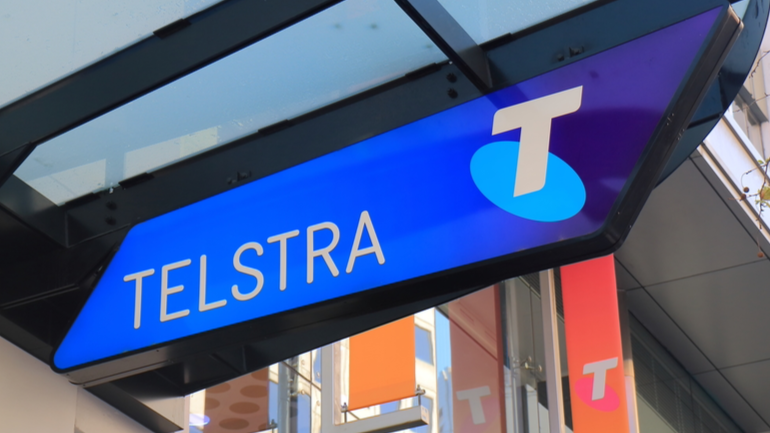Belgian telecoms group Proximus’ recent investment catapults it deep into the global Communication Platform-as-a-Service (CPaaS) sphere. By acquiring a majority stake in India’s Route Mobile, the company fortifies its ambitions of becoming a global industry leader. This move isn’t just about ownership, but a mutually beneficial partnership, expected to drive substantial value and facilitate significant market expansion.
The shift towards automation in communication service providers (CSPs) is somewhat paradoxical: while advancing in efficiency, it risks diminishing vital human interaction. A recent study by Omdia underlines this predicament, indicating that despite chatbots’ growing usage, consumers predominantly favor human contact, especially when seeking resolutions. Meanwhile, emails emerge as the main channel for consumer engagement, a revelation challenging cost-cutting efforts that bypass burgeoning automation.
DIDWW, a provider of premium quality VoIP communications and two-way SIP trunking services worldwide, has successfully passed the annual ISO 27001 audit for the Information Security Management System (ISMS). This step further demonstrates the telecom operator’s commitment to protecting corporate data and customer information while maintaining the highest standards of security in its operations. As one of the world’s most recognized information security frameworks, ISO 27001 certification reinforces a set of standards for effective data protection. The successful renewal of this certificate confirms that the DIDWW ISMS remains aligned with the best international practices for information security. The scope of ISO 27001 certification includes employees, processes, software development, and infrastructures that continue to operate, innovate, and support voice capacity building, messaging and cloud PBX services. The reaffirmation of ISO 27001 certification by DIDWW serves as further evidence for the company’s partners and customers regarding the continued quality and security of…
The ViaSat-3 Americas satellite has completed its Final Integrated Satellite Test (FIST) and has now advanced to the Flight Final phase of integration, where it is undergoing final build-up for its flight configuration, according to the satellite communications provider Viasat. The satellite had previously passed mechanical environmental testing and thermal vacuum testing, which replicated vacuum and extreme heat and cold temperatures in orbit, where the satellite is projected to operate for the next 15 years. FIST is intended to test all of the satellite’s payload and bus systems to ensure they perform correctly after the pressures of mechanical environmental testing, which simulates the spacecraft’s launch. Following the mechanical and thermal strains of the previous test phases, FIST confirmed that the satellite continued to function as intended. The Ka-band satellites of the ViaSat-3 class are anticipated to offer the finest bandwidth economics in the sector with significant flexibility…
Inmarsat, a major supplier of international mobile satellite communications services, and Viasat, a worldwide communications company, have announced that the Australian Government’s Foreign Investment Review Board (FIRB) has stated that it has no concerns about the intended merger of the two companies. The proposed deal has already received numerous important regulatory approvals, most notably from the Committee on Foreign Investment in the United States and from the UK Government under the National Security and Investment Act. The most recent permission for the deal is the FIRB’s clearance of Viasat’s proposed acquisition of Inmarsat under the Foreign Acquisitions and Takeovers Act of 1975. Australia is a large market where the two businesses have substantial consumer and commercial ties. Inmarsat and Viasat announced that they will merge their two businesses to become a new global communications powerhouse in November 2021. The transaction is expected to be completed in the second…
Digicel Group Holdings Limited has announced the sale of Digicel Pacific Limited (DPL) to a subsidiary of the Australian telecommunications firm Telstra Corporation Limited. Digicel Pacific is valued at up to $ 1.85 billion, subject to usual post-closing adjustments and a three-year, $250 million earn-out. Digicel Pacific has operations in six South Pacific countries: Papua New Guinea, Fiji, Samoa, Vanuatu, Tonga and Nauru. The Digicel brand will remain unchanged in these six markets, and the current Digicel Pacific management team will remain with the company and continue to lead it in providing superior telecommunications services to Digicel Pacific’s loyal clients across the South Pacific. For the past 15 years, Digicel Pacific has been a strong and expanding telecommunications company in the Pacific. Telstra’s takeover communicates a significant message about the company’s prospects as well as the larger commercial confidence in the Pacific region’s growth. Denis O’Brien, Digicel…









